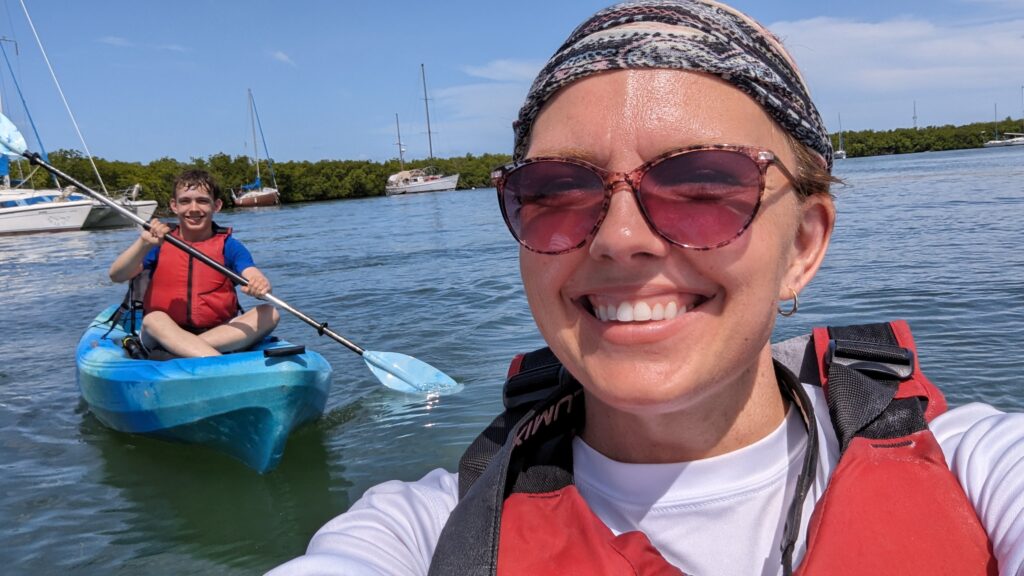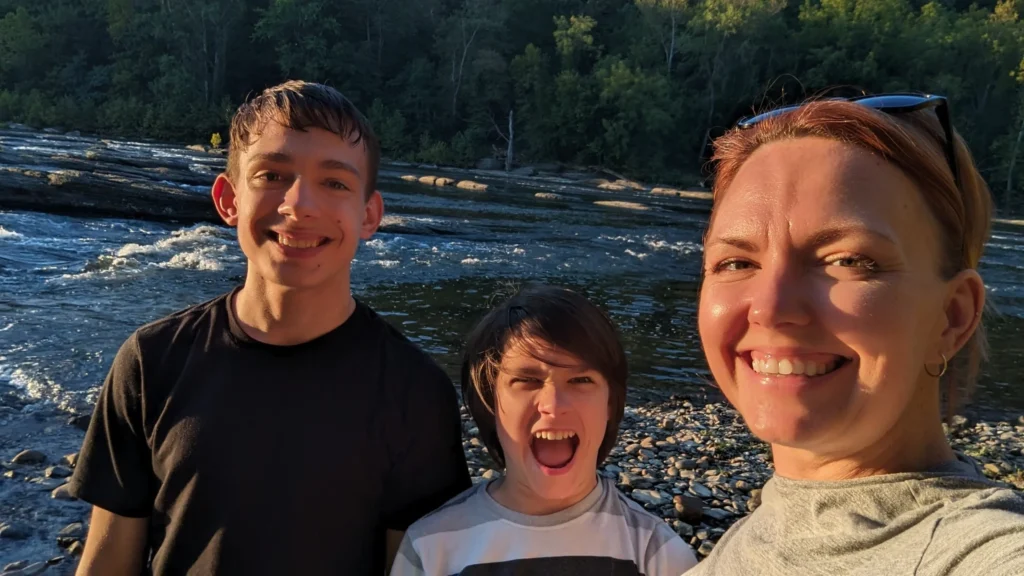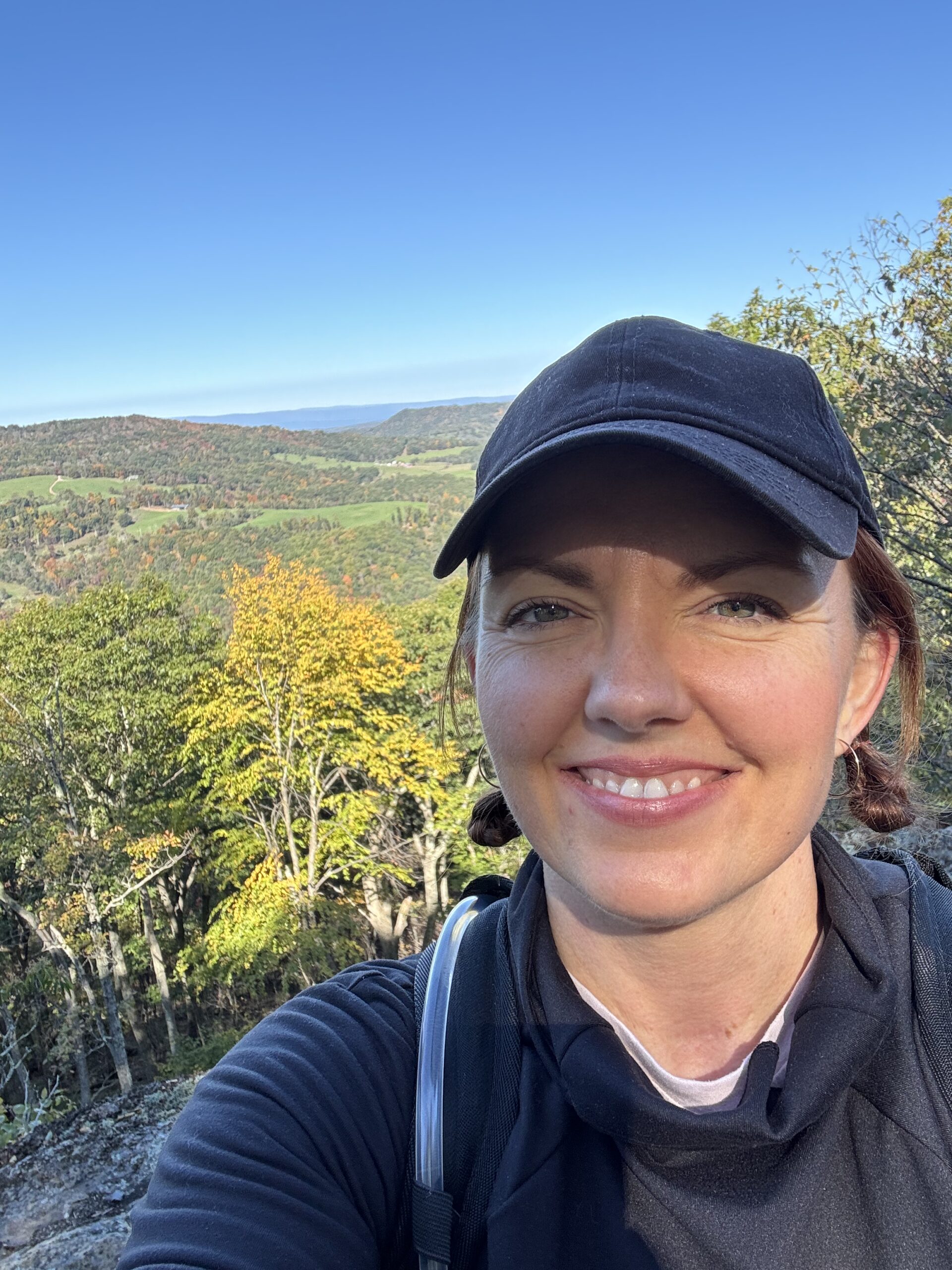Over the past four years—since my divorce—I’ve dated a few different people. Each relationship has taught me something. Sometimes about what I want in a partner. Sometimes about what I need in myself. I’ve come to believe that dating—especially after a long marriage—can widen your perspective in ways you never expected.
It reminds you that people are so different. That there isn’t just one way to love, one kind of dynamic, one definition of “the right person.”
Some people come into your life just for a season. They mirror something back to you. They challenge you. They help you grow. And then the relationship ends—not because it was a failure, but because it served its purpose. I used to be afraid of that. But now I see how sacred it can be to walk with someone for a time, and then part ways with gratitude.
It’s helped me realize something about myself—and about love:
I no longer want connection that’s built on permanence.
I want connection that’s built on presence.
There’s something we don’t talk about enough when it comes to long-term relationships—especially marriage. We don’t talk about how the promise of forever, even when made with love and sincerity, can carry quiet, limiting assumptions.
We mean it when we say it. Of course we do.
But somewhere inside “forever,” a shift can begin.
Because when I say I’m staying no matter what, you no longer have to keep showing up. You don’t have to try as hard. You don’t have to stretch into the parts of yourself that are uncomfortable—because I’ve already told you: I’m not going anywhere.
That’s the danger in forever.
It makes effort optional.


Over time, love becomes something measured in obligation instead of care. You stop choosing each other, because you’ve already signed the contract.
Especially in monogamous marriage, forever often implies ownership.
You are mine. I am yours. The deal is done.
But what happens when we change?
What happens when life asks us to evolve?
If we’re bound by the version of ourselves we were on the day we said “I do,” then we’re not growing together.
We’re just staying.
The roles we promised each other can start to limit who we’re allowed to become.
And I don’t want that anymore. I don’t want a love that shrinks either of us.
I want to be in relationships where it’s understood that we care about each other, and that we want to be together—but not because we made a vow in the past. Because we’re choosing to keep showing up today. Because we’re holding space for who each other is now, and who we’re each becoming.
We can still want forever.
We can build toward it with intention.
But not by chaining ourselves to it.
Because the truth is: we’re not static. We evolve.
And real love—healthy love—makes space for that evolution.
I don’t want to be promised forever.
I want to be chosen again, and again, and again.
